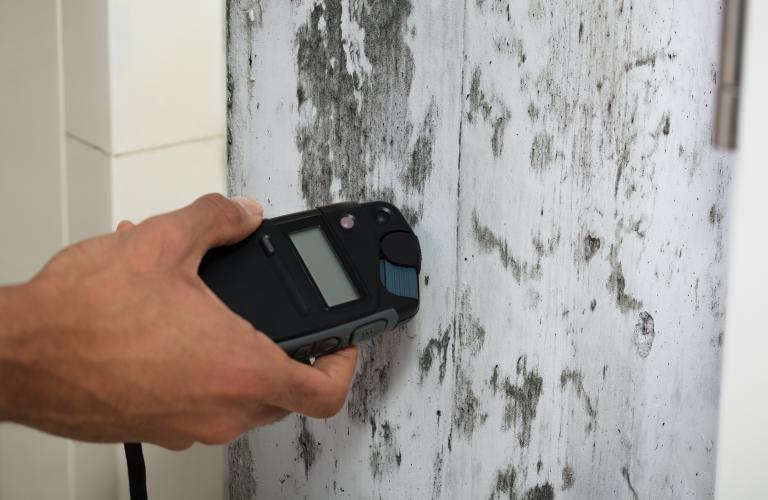Types of Home Air Quality Testing
3 min read
When it comes to residential air quality testing, it is important to remember that there are different issues that must be addressed depending on the season. In the summer months, there is usually more of an environmental issue with increased pollen counts, dust, and heat. However, in the winter months, there are usually an increase in HVAC (heating, ventilating, and air conditioning) costs due to fewer people heating their homes.
When it comes to residential air quality testing, different issues have different types of allergens, smoke, and vapors that need to be tested. Many times, residential air quality testing is simply done by measuring the indoor air quality. This is not necessarily the most effective way to test for quality. Many times the issues that cause indoor issues are actually related to the ventilation system, and not the HVAC equipment. By doing a little more in the way of residential air quality testing, you can ensure that your home, office, and other indoor areas are breathing the safest and most desirable air.
During the summertime, many people suffer from an airborne allergy known as asthma. Even those who do not suffer from this condition can be affected by it due to the nature of the allergy: humans become more sensitive to airborne mold spores after they are exposed to them for a long period of time. With this information, it is no wonder why residential air quality testing is important. There are certain factors that affect the mold growth found in homes such as floor moisture, lighting, humidity, and use of mold-repellent paint. In fact, these paint additives actually destroy mold spores, meaning that you will not have to worry about an allergy to airborne mold spores any longer.
Another benefit of conducting a residential air quality testing program is to prevent contamination of your home with household products. Many people unknowingly put household products into their air vents each day. If these vapors are undetected, they can actually become airborne and land on your clothes or other materials before being released into your lungs. This is definitely not something that anyone would want to happen.
When it comes to determining whether your HVAC units need to be serviced or replaced, residential testing can be one of the best methods available. You will be able to determine the amount of relative humidity that exists in your home. Relative humidity is what experts call the moisture level in the air. Any abnormality in the moisture level can indicate a problem with your HVAC equipment.
This process is relatively simple to accomplish. All that is required is that a trained individual test your duct work, heating and cooling systems, and ventilation. Once these systems are found to be in need of cleaning, they are then tested using instruments that can detect specific types of contaminants present. If you have children, you should be aware of the fact that the presence of certain molds can be toxic to them. Through testing your ventilation system and your heating and cooling units, you can ensure that there is no place for these harmful molds to grow.
Other types of air quality testing that you can conduct include testing for chemical contaminants, radon, organic compounds, and infectious dust. These air contaminants are often difficult to detect without specialized equipment. However, by utilizing a high-tech air sampling instrument that is portable and has been specifically designed to detect these air contaminants, you can easily determine their levels in your home. You may even find that the levels of these contaminants are too low to cause health concerns. In these cases, it is often necessary to install fresh air ventilation or have your HVAC units serviced to remove these contaminants from the air.
Finally, in the case of radon, it is often found that the presence of this naturally occurring radioactive substance can significantly increase your health risks. This is especially true in homes located near nuclear power plants. Radon is a radioactive gas that is created when the decay of uranium occurs. It is a highly dangerous substance that can cause cancer and other health conditions if it is ingested into the body. Through determining whether there is a high level of relative humidity in your home and through testing the air for various other types of pollutants, you can protect yourself and your family from these health risks.






